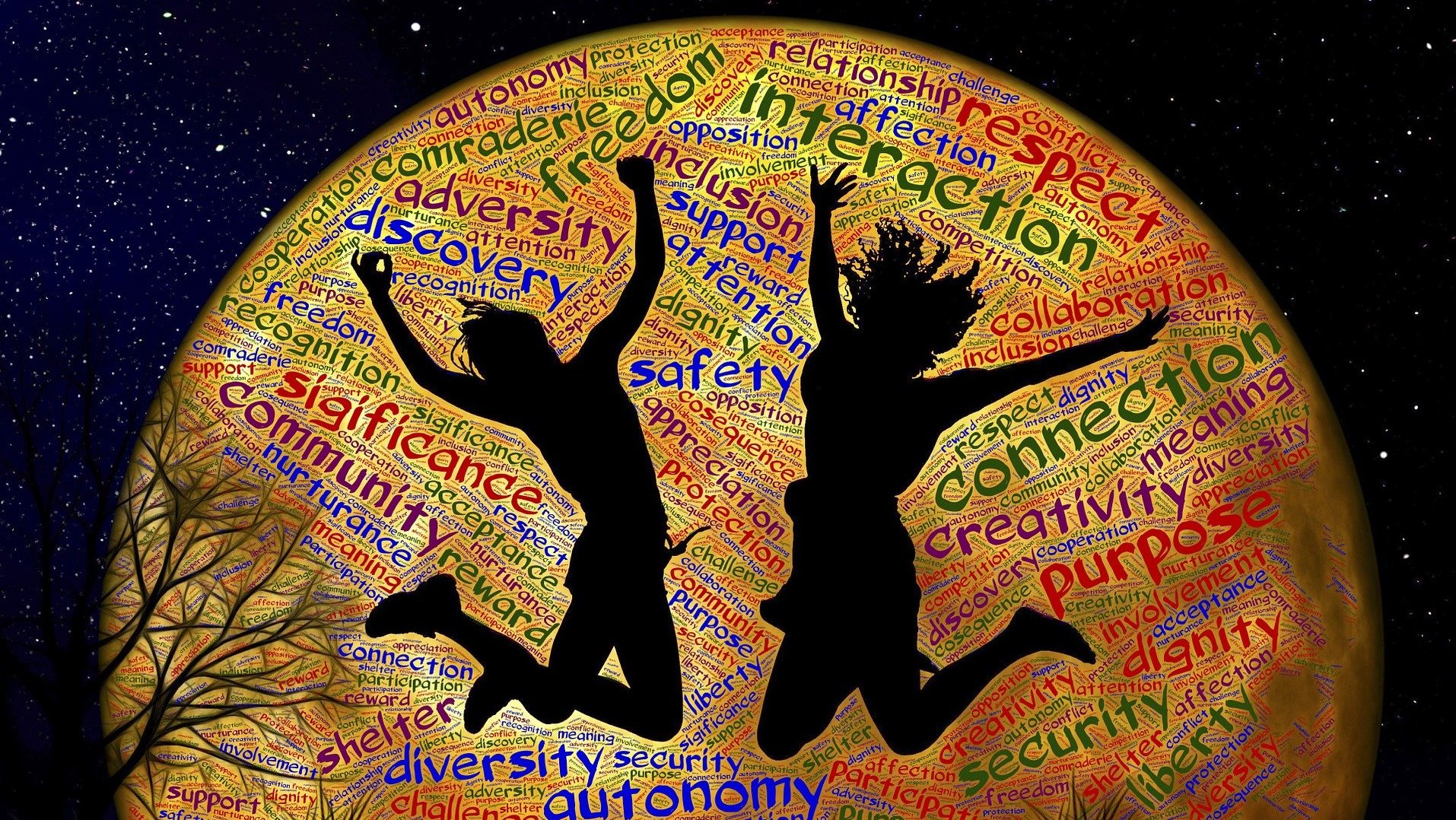
Here we are in April, and as all autism advocates know, that makes it World Autism Month. You’ll hear more about autistic people on the news, see more shops offering ‘quiet hours’ for autistic customers and generally get a sense that the public are being given more information than usual about what it means to be on the autism spectrum. Naturally this would seem to be a positive thing and you’d be right to celebrate the increased publicity surrounding the condition, but within the autism community itself you might notice something else too: a war of words between those who promote ‘autism awareness’ and those who prefer to promote ‘autism acceptance’ instead.
When I was new to the autism world, I found the intense passion behind people’s arguments about this a bit confusing, and since I wanted my book – The Ringmaster’s Tale – to answer as many questions as possible, I included the following passage to help explain the origins of this difference of opinion…
On 1st November 2007, the United Nations General Assembly passed a resolution making 2nd April ‘World Autism Awareness Day’, the idea being to make it a focal point of the year when people across the globe could learn about the struggles faced by families living with the condition. They could also use it as an opportunity to raise funds to finance research into the causes of autism and create changes in their communities that would lead to a more accepting, increasingly autism-friendly world. ‘What a great idea’ you might think.
In reality of course, when it launched on 2nd April 2008, very little was known about the true nature of autism and most people still thought it was a disease. As a result, a lot of the day’s focus was put on how terrible it is, how autistic people are a burden to their families and a drain on society and how the condition should be cured by eradicating autism from the face of the earth as quickly as possible.
Unsurprisingly, lots of autistic people didn’t like these ideas very much.
Over time, the autism community began to see the term ‘autism awareness’ as meaning being aware of autism with a view to curing it, leading to the introduction of another term later on: ‘autism acceptance’. The idea behind this one is that autism should be accepted as just another part of the diversity of human life, and society should be encouraged to adapt and make things easier for autistic people without patronising or pitying them.
Personally I have no problem with the term ‘autism awareness’ because to me, being aware of something represents the first step towards accepting it. If you’re not aware something exists, how can you accept it? Believe it or not, I’ve spoken to plenty of people over the years who are outraged at the idea that anyone still exists who hasn’t heard of autism. People like this spend their time complaining that there’s no need for autism awareness because everybody should already know all about it. Since this clearly isn’t the case, I prefer to spend my time accepting that many people don’t know much about it and helping them understand it a bit more so they can make their own minds up about the best ways to handle it.
I suppose a good way to differentiate between the two terms is to think about how young children learn to play with their peers: first they’ll play alone, then once they become aware of other children, they’ll play alongside them, until eventually they’ll gain enough confidence to interact with them and will start to play together – in other words, they’ll accept them as equals, and in turn be accepted as part of the friendship group. In essence this is all autistic people are asking for when they advocate promoting acceptance rather than awareness: the chance to be recognised for who they are, and to be treated with the respect and consideration they deserve by the wider community.
The important thing to remember though is not to get so hung up on the terminology that it stops you wanting to spread the word in the first place for fear of offending someone. Every voice that’s raised in the positive promotion of autism and its related conditions really does matter, and whether you use the term ‘awareness’, ‘acceptance’, ‘inclusion’ or ‘celebration’ to describe it, if you talk about life on the autism spectrum with love, compassion and optimism, you’ll be helping to make the future a happier and more welcoming place for autistic people of all ages and abilities.


2 Comments
I have two nephew’s that are autistic. As a family we try to work in a unified way. All information helps us as a family
I absolutely agree, Jeanette: unity is always the best way forward.